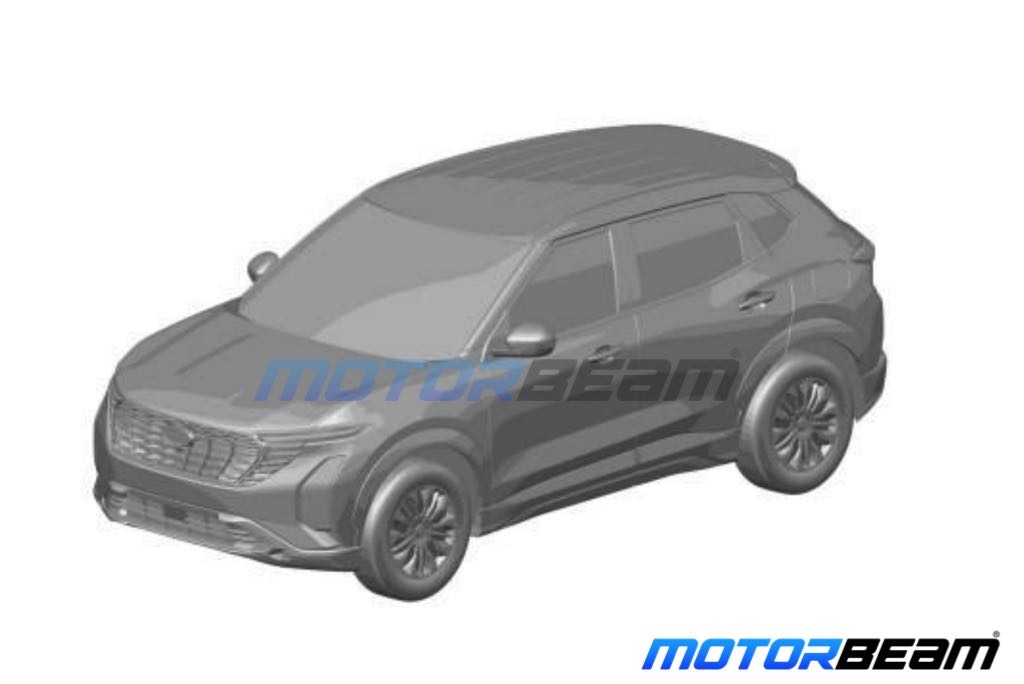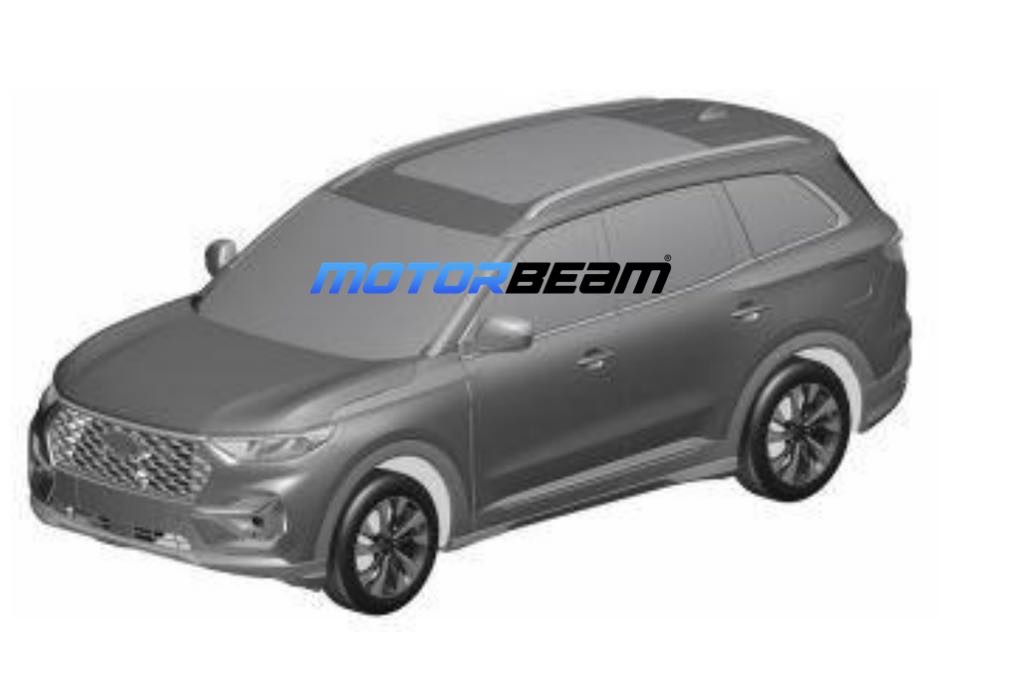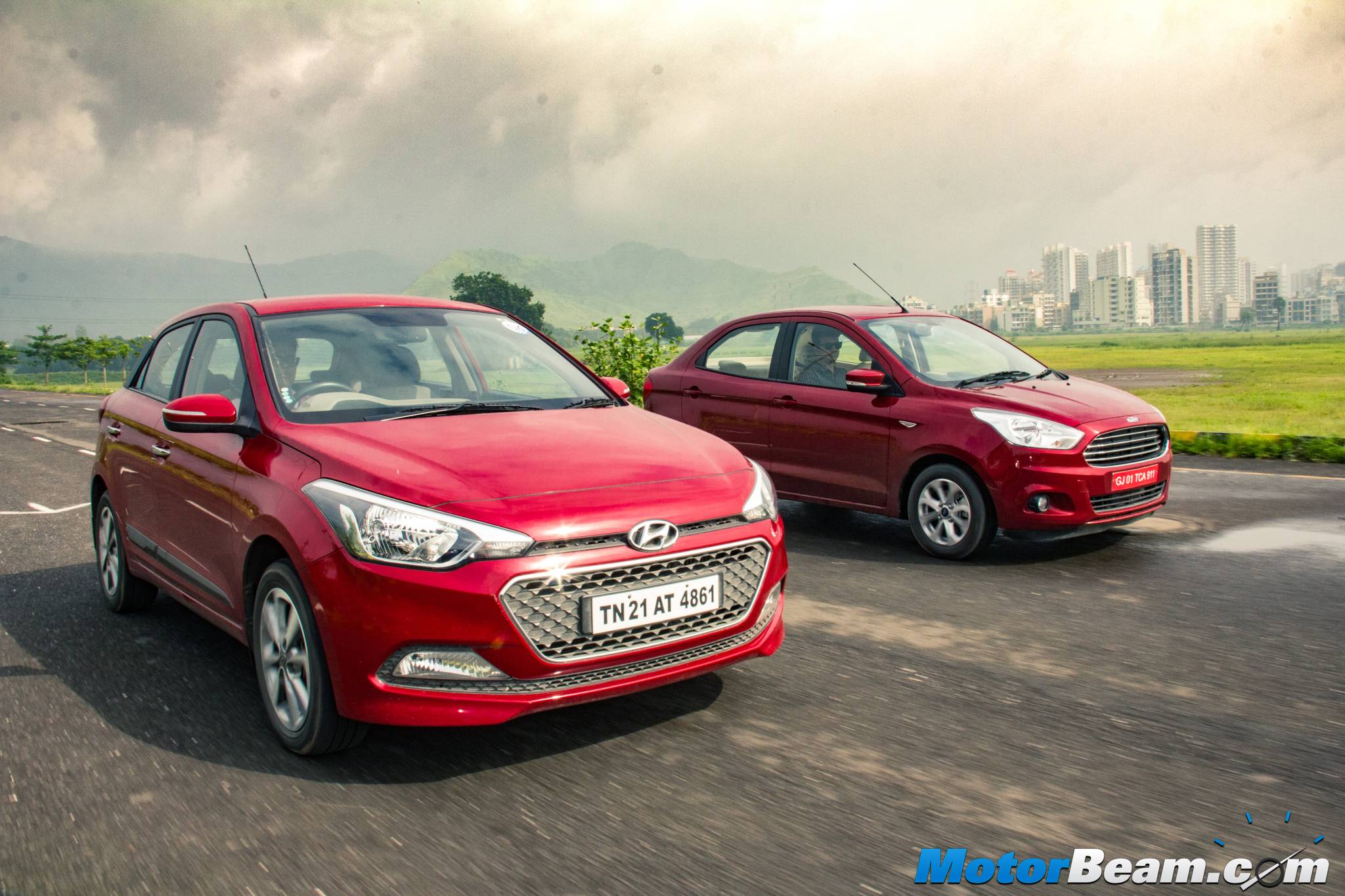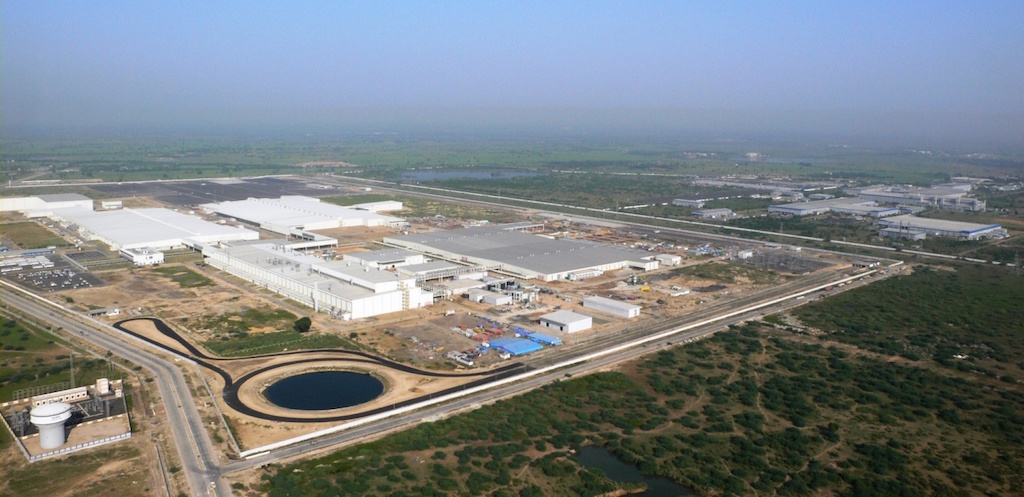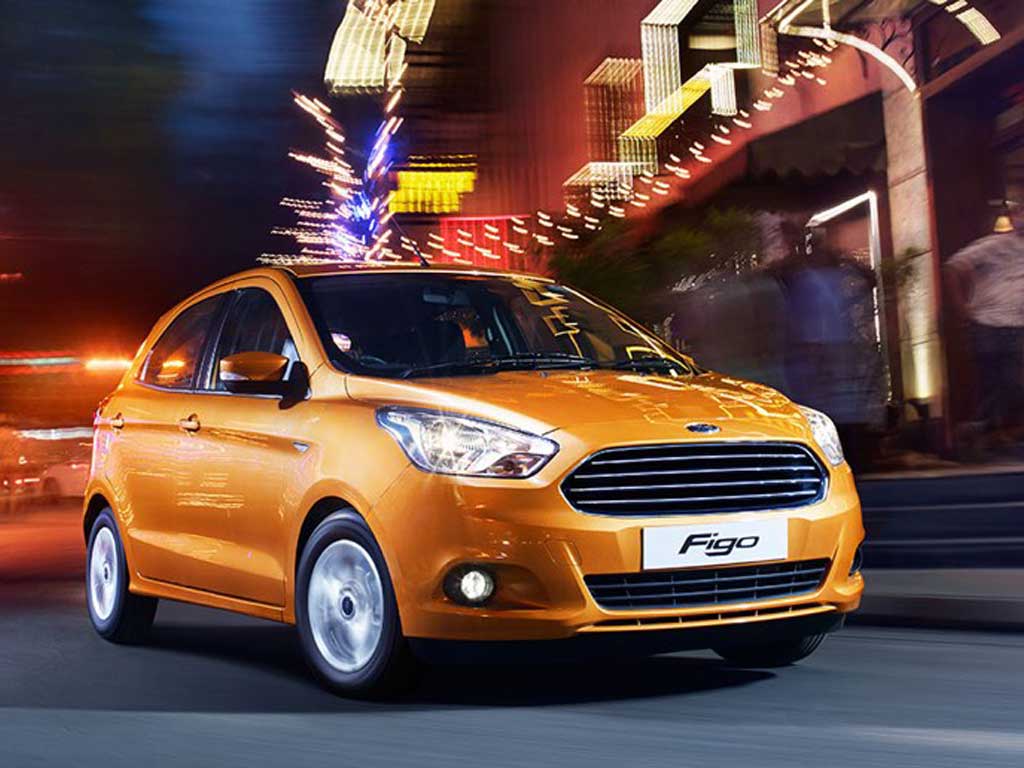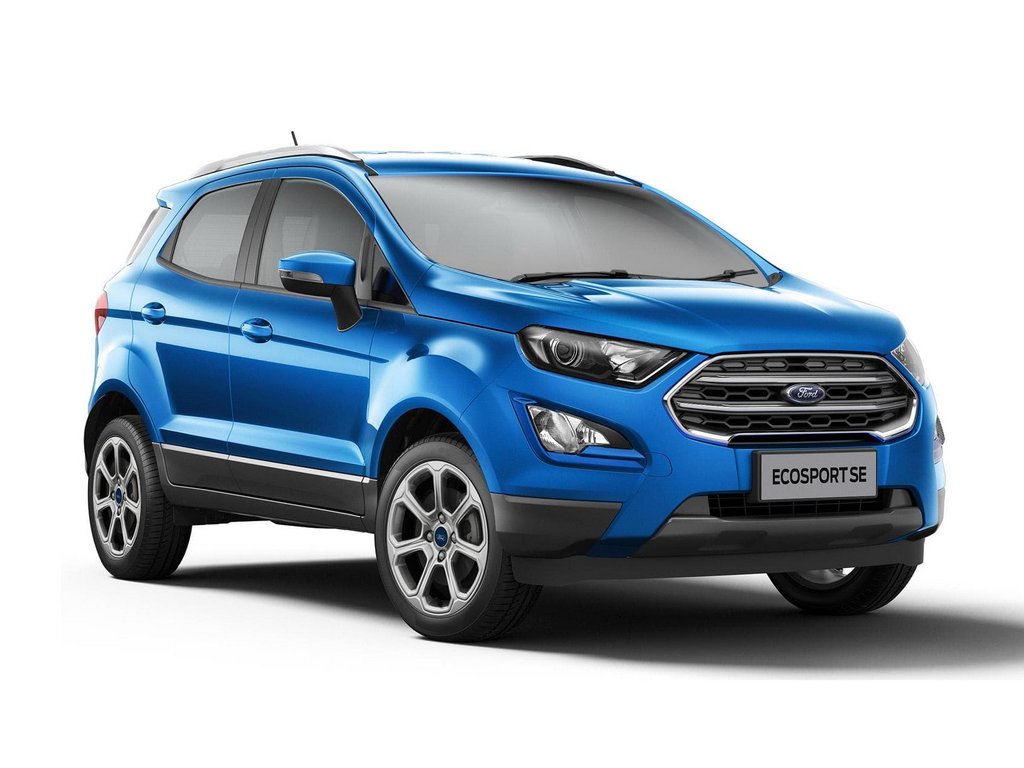
Ford India future plans revealed, they won’t bring back EcoSport, Figo and Aspire
Ford’s comeback in the Indian automotive market has been a topic of keen interest and speculation. Recent reports shed light on the company’s forthcoming strategies, indicating a notable shift in its approach.
While previous reports hinted at a revival of popular models like the EcoSport, Figo, Aspire and Freestyle, Ford insiders have now clarified their intentions. The American automaker seems to be steering away from reintroducing combustion-engine models positioned below the Everest (Endeavour).
A notable insider revealed, “That chapter [mass-market internal combustion engine models] is closed. Our internal combustion engine play in India will only be limited to T6 products.” The reference to T6 products points towards the Everest and the Ranger pickup, both sharing Ford’s T6 platform.
This strategic pivot has significant implications. It means iconic models like the EcoSport, Figo, Freestyle and Aspire won’t be making a comeback in Indian showrooms. The reason behind this decision lies in the challenges Ford faced in the mass-market segments, where slow sales and thin profit margins prompted the company’s exit in 2021.
Moreover, Ford’s divestment of its Sanand facility to Tata Motors, where some of these models were manufactured, underscores the brand’s commitment to focusing on more financially viable avenues. Even sustaining its Maraimalai Nagar facility in Tamil Nadu proved challenging, further solidifying the decision to not launch smaller petrol and diesel-powered models.
While enthusiasts might not appreciate the absence of these familiar models, Ford’s strategy aligns with the evolving dynamics of the Indian automotive landscape. The feature-rich competitors like the Mahindra XUV 3XO, Kia Sonet, Hyundai Venue and the likes are offering advanced driver-assistance systems and premium features at competitive prices.
The road ahead for Ford in India involves a deliberate approach. While the Everest and Ranger are being evaluated for local assembly at Ford’s Chennai plant, the timeline remains uncertain. Production decisions hinge on the company’s evolving EV strategy, currently in the planning phase.
“We cannot build the Everest in isolation as it has to fit into one integral production plan with other products too,” shared a company insider. This approach might delay the manufacturing of the Everest in India to late 2025 or even 2026. However, to mitigate this gap, Ford is contemplating importing a small number of units as a stopgap measure to expedite its return to the market.
What are your thoughts on Ford India future products? Let us know your wishlist in the comments section below.
